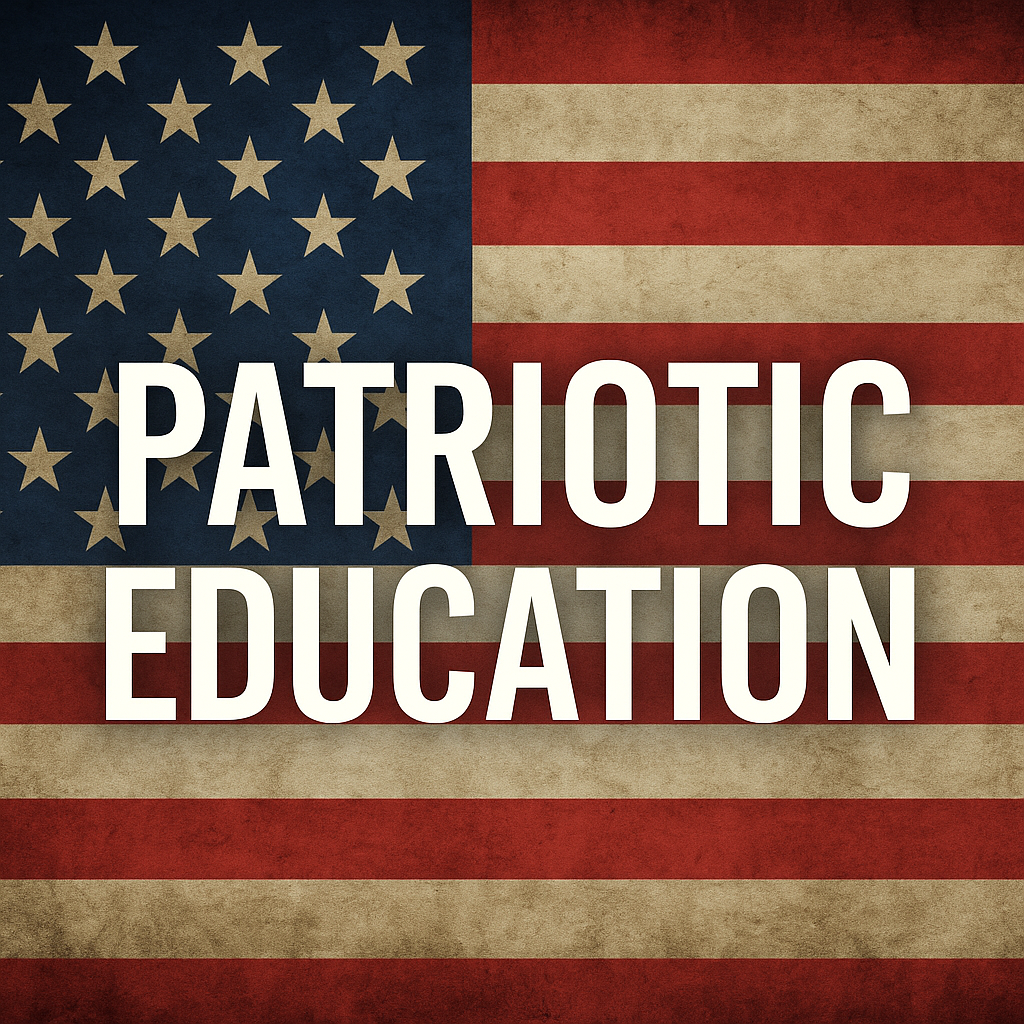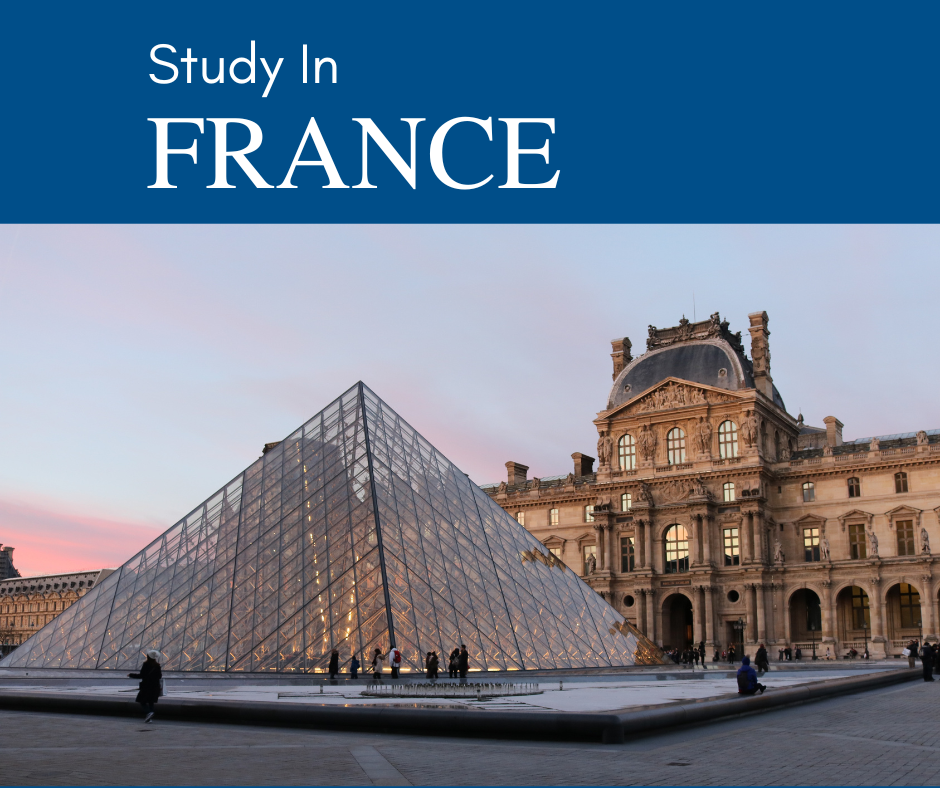
Opinion: Granting Patriotism Risks Distorting U.S. Education—What “Patriotic Education” Really Means
Share
The U.S. Department of Education’s announcement that patriotic education will be prioritised in competitive grants is not simply another policy tweak—it’s a major shift in how the government intends to shape the civic and historical narrative in schools. While the announcement frames the agenda in inspiring terms, deeper analysis reveals serious risks to academic freedom, historical truth, and inclusive citizenship.
What the policy change says
- The Education Department, led by Secretary Linda McMahon, has designated “patriotic education” as a secretarial priority for discretionary grants. Its definition: teaching U.S. history “in a way that emphasises a unifying and uplifting portrayal of the nation’s founding ideals.”
- Grant monies will be channeled toward programs, often in partnership with conservative groups (e.g., Hillsdale College, Turning Point USA, AFPI, Moms for Liberty), that promote patriotic civics education, speaker series, community events.
- Budget reallocation: funds from teacher training are being diverted into civics education; spending is increasing from about $23 million up to $160 million for the patriotic / civics line.
Why is the framing misleading?
-
Selective history & ideological slant
The framing of history as “accurate, honest, and inspiring” under the “founding ideals” rubric often signals selective emphasis. Critics worry that essential but uncomfortable parts of U.S. history—slavery, displacement of indigenous people, civil rights violations, systemic racism—will be downplayed or labelled “divisive.” -
Risk to academic freedom
Granting power over curricular emphasis via federal funding introduces incentives for schools to align with preferred narratives. Teachers and historians not aligned with those narratives may find themselves marginalised or discouraged. Institutions may self-censor to secure funding. This is not hypothetical: in past cases, such as the “1776 Commission,” there has been strong pushback from professional historians for politicising history and distorting the record. -
Marginalisation of minority perspectives
History is not monolithic. Many students come from communities whose histories are not part of the “founding ideals” narrative. If patriotic education grants reward programs that focus on “uplifting portrayals,” minority experiences, critical historical failures, and ongoing inequities may be sidelined.
How does this fit into broader patterns
- 1776 Commission history: In 2021 and again in 2025 under Trump, this commission has pushed for a patriotic history narrative. Historians widely condemned it for lacking scholarly rigor, ignoring divergence and criticism, and promoting a partisan view. Wikipedia
- Similar efforts globally show that when history and civics curricula are guided centrally with patriotic or “national pride” emphasis, controversies emerge over censorship, omissions, and mismatched pedagogy. Educational systems in some countries have suppressed narratives of colonial abuse, injustice, or dissent under the guise of national unity.
- The move to redirect teacher‐training funds toward patriotic civics parallels other shifts where critical or alternative narratives are de-prioritized, whether around race, equity, LGBTQ+ histories. Common Dreams
Potential consequences
- Polarisation: Young people get taught different versions of history depending on geography, school district, or funding. That amplifies the divide.
- Reduced critical thinking: Emphasising celebratory histories may reduce students’ exposure to critical historiography, debate, or multi-perspective thinking.
- Educational inequities: Schools in disadvantaged areas that rely on federal grants may have less choice in curricula and may be more compelled to adopt patriotic language that may feel alienating or erasing to some communities.
What should be demanded (and how to safeguard education)
- Transparent criteria: The Department should publish clear metrics of what “accurate, honest, inspiring” means—and ensure that inclusivity, multiple perspectives, and historical complexity are required, not optional.
- Input from historians and scholars: Curriculum design must involve professional historians, educators with expertise in race, gender, indigenous studies, etc., to avoid oversimplification or ideological bias.
- Protection of academic freedom: Teachers and schools should be safe to teach less flattering parts of history without losing funding or facing retribution.
- Balanced funding: Critical civics—learning about rights, dissent, protest, injustice—must receive equal or greater support so that patriotic education isn’t simply propaganda.
Conclusion
Granting patriotic education a priority in federal funding is more than academic; it is a political act. The stated goal of fostering unity and love of country may be noble, but without checks, it risks becoming a vehicle for sanitizing history. Education is not patriotism’s echo chamber—it must include dissonant voices too.
The future of American identity depends on truthful, honest engagement with history, not selective storytelling. The grant priorities outlined may well transform how millions of young citizens understand their country—whether with clarity, or colored by omission. It is time for those in education, history, civil rights, and public policy to demand that patriotic education be more than a patriotic mirage.
References
-
Inside Higher Ed, “Ed Wants Grants Advance ‘Patriotic Education’” Inside Higher Ed
-
Reuters, “Trump administration to prioritize ‘patriotic education’ in discretionary grants” Reuters
-
Washington Post, Education Dept. partners with conservative groups for civics programming The Washington Post
-
Common Dreams, “Ed. Department Will Work With Right-Wing Groups to Push ‘Patriotic Education’” truthout.org










